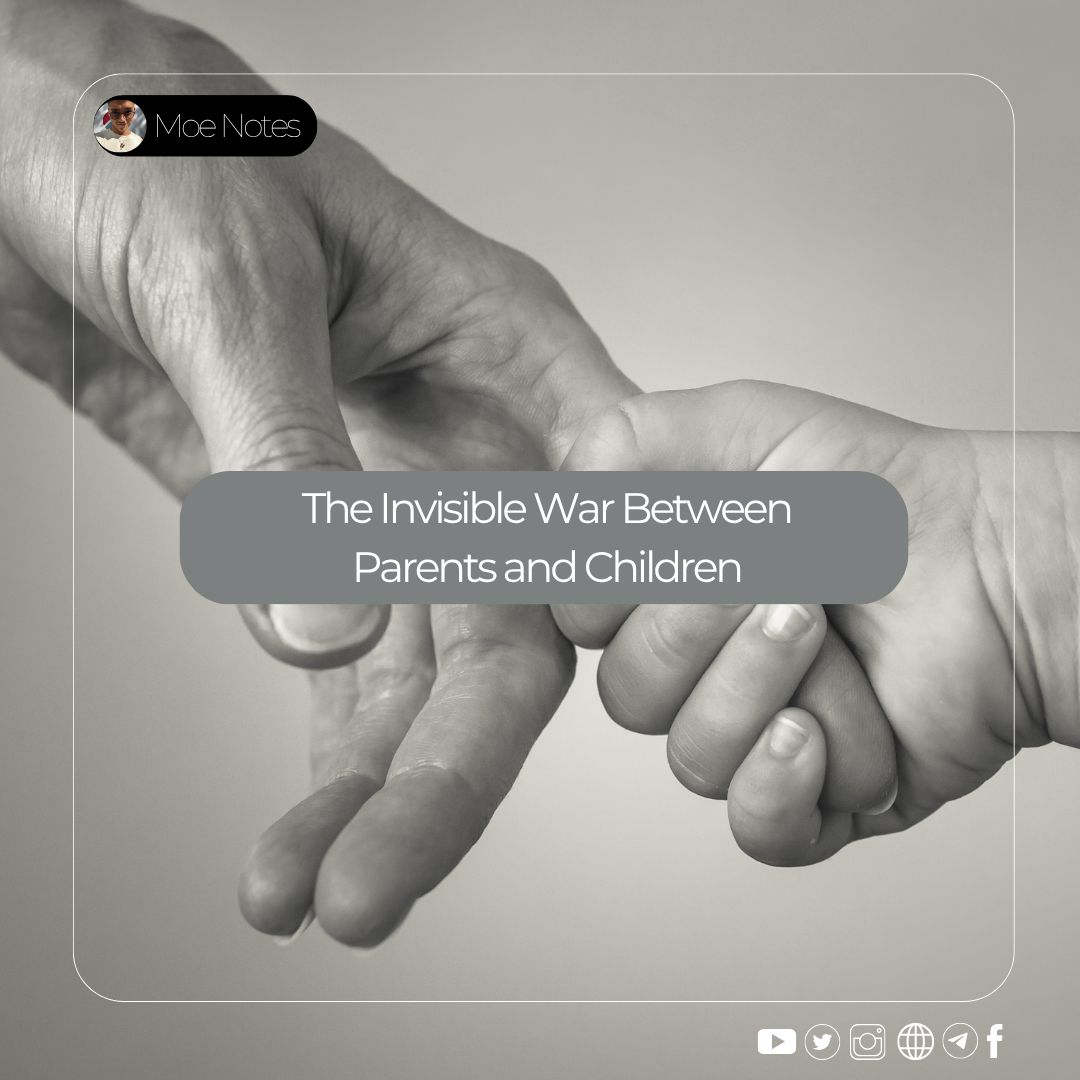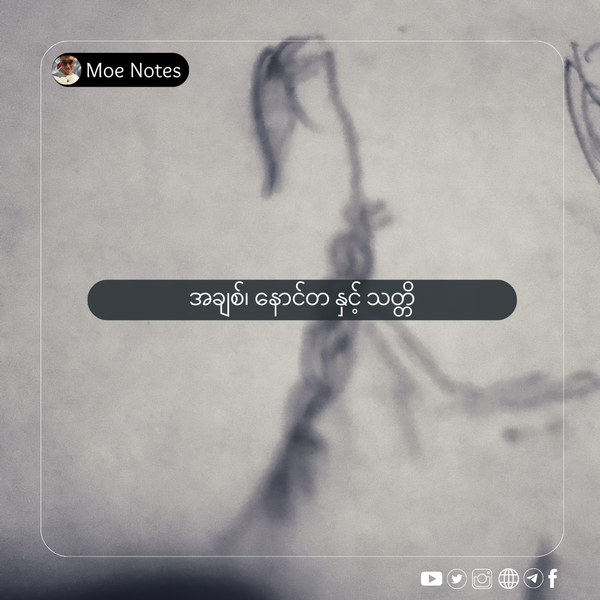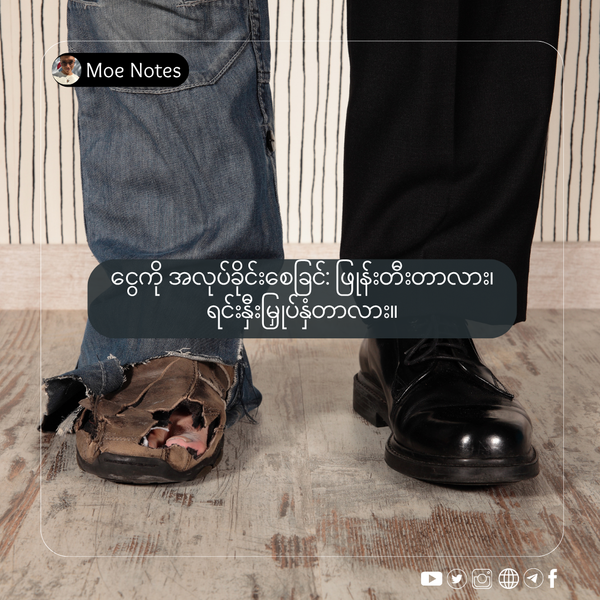The Currency of Respect: The Invisible War Between Parents and Children

This article is also available in[Burmese]
"Not everyone will share this perspective. This is just my own."
(Read Time: 20 Minutes)
Today, let’s put school matters aside for a moment and talk about the subtle differences in our daily lives. It isn’t just about being here in the UK; good people are good everywhere, and bad people are bad everywhere. But among the cultural gaps I’ve experienced, the concept of “respect” is truly unique.
Part 1: The Value of “Sorry” and “Thank You”
Back in Yangon, I had a habit. Whenever something happened, whether it was my fault or someone else’s, I would say, “Sorry.” That habit came with me here, but what changed was the response.
Here, if you hold a door open or wait by the elevator, you will always hear a “Thank you.” If you accidentally bump into someone, a “Sorry” will come from both of you simultaneously. This might seem like a superficial custom, but it’s a fundamental form of respect: an acknowledgement of each other’s existence.
In Yangon, it wasn’t like that. I’ve encountered many people who would walk away, pretending not to notice, even if they were the cause of a minor incident. Everyone is indeed busy with their own lives. Still, the reluctance to take responsibility for even a small impact on another person is something to reflect upon in our society.
Part 2: Age and Respect - The Shadow of Tradition
Similarly, the respect shown here to children, older people, and people with disabilities is different from the culture I grew up in. The fact that every building has ramps and accessible toilets for wheelchair users shows that they are seen not as “burdens,” but as “equal citizens.”
This brings us back to an important question: “In our culture, do we treat people differently based on their age and status?”
Since we were young, we were never given the right to decide whether our parents or elders were right or wrong. Phrases like “pity the parents” or “ungrateful child” are labels easily thrown around in any disagreement between a parent and child.
Who Defines “Wrong”?
A mother, worried about her son, forbids him from going out. The son has an urgent matter and wants to leave. They argue. Who is wrong? Neither of them. Both are right from their perspective. But in our culture, the idea that “the parent is always right” is still deeply ingrained.
When a child makes a mistake, scolding them with “Don’t you ever do that again” versus guiding them with “Son, you made a mistake this time, let’s think together about how we can do better next time” will produce vastly different results. The first method creates a person who is afraid of making mistakes. The second method shapes a person who learns from their mistakes and is not afraid to take responsibility.
Part 3: Money - A Weapon of Love
This part is a sensitive topic as it involves family matters.
When I first arrived in the UK, my family gave me a VISA card. But for me, that card was not a symbol of freedom, but a symbol of control.
- Not Knowing My Balance: I was not allowed to see how much money was on the card. Every time I wanted to buy something, I had to call home and ask. Sometimes, there was less than a pound on the card, to the point where I had to apologise and return food I had already ordered.
- The Daily Allowance System: Money was added once a day, and only when I asked for it. This system made me feel like a child in Yangon asking for pocket money again.
- The Budget Expense Request Presentation: Even if I needed to buy something urgent (like when my shoes broke), I had to present a case for why I needed it and how much it would cost, and only then would I get their “approval” to buy it.
These conditions didn’t make me feel like a university student; they made me feel like I was under “house arrest.” When this financial pressure was added on top of the stress of living alone in a foreign country, both my studies and my mental health were severely affected.
The Mistakes Parents Make (Parents can be dumb)
I understand. Parents don’t do this because they want to harm their children. They do it. They are worried because they don’t want money to be wasted and because they think they are “guiding” their child away from the wrong path.
But what they don’t realise is that these actions don’t teach responsibility; they breed distrust. They are sending the message, “I don’t trust my son,” every single day.
If you truly want your child to be responsible, you must first give them the gift of “trust.” You must give them a monthly budget and train them to manage it themselves. If they make a mistake, you don’t scold them; you guide them on how to learn from that mistake.
Part 4: The Sculptors and The Clay
They say you can guess a person’s childhood by observing their actions. The habits and atmosphere of the parents are unconsciously ingrained in the child’s mind. Whether this becomes a good thing or a bad thing depends on the sculptors—the parents.
We are their clay. They shape us with their love and their anxieties. But sometimes, when their shaping is too forceful, the clay begins to crack.
Conclusion
I’m going to write about school, but I find myself more drawn to writing about these topics. Because anyone can find out about school, but these invisible wounds within a family are rarely spoken of.
I'm not sure what my family will think if they see this article. But if it helps other young people from feeling the same way, then it’s worth it.
In the end, we are all the sculptors of our own lives. Our parents may have drawn the initial sketch, but it is up to us to decide what kind of statue we will become. With the chisel and hammer in our own hands, let’s carve out the form we want to be.



